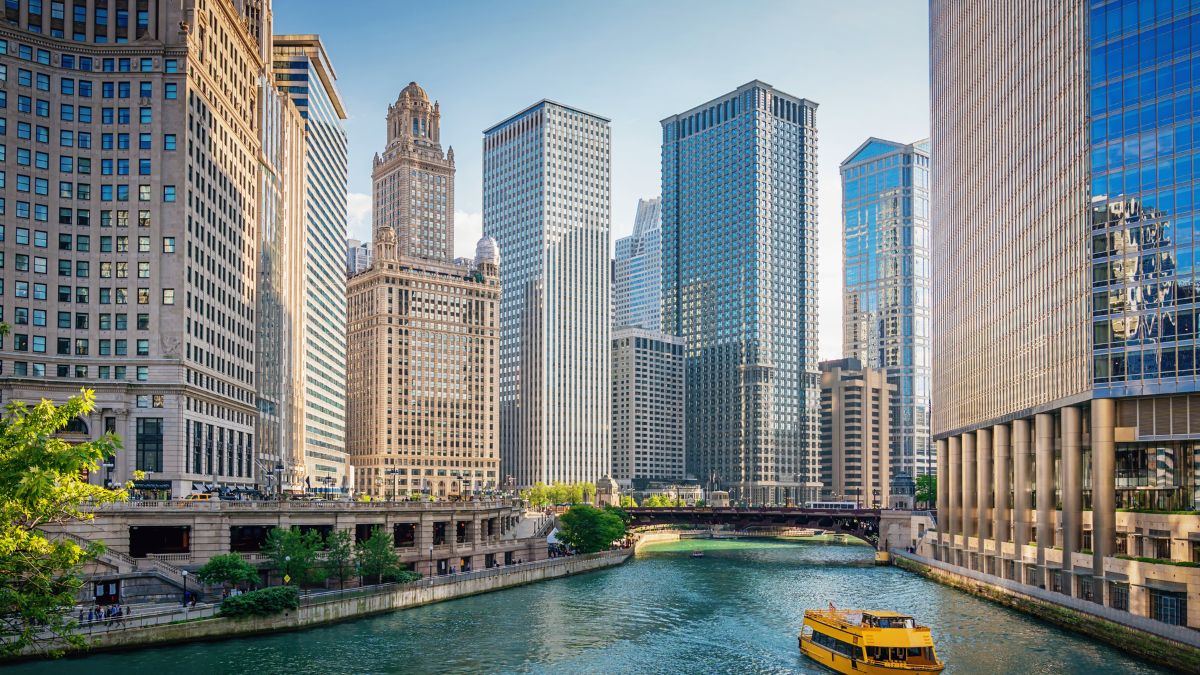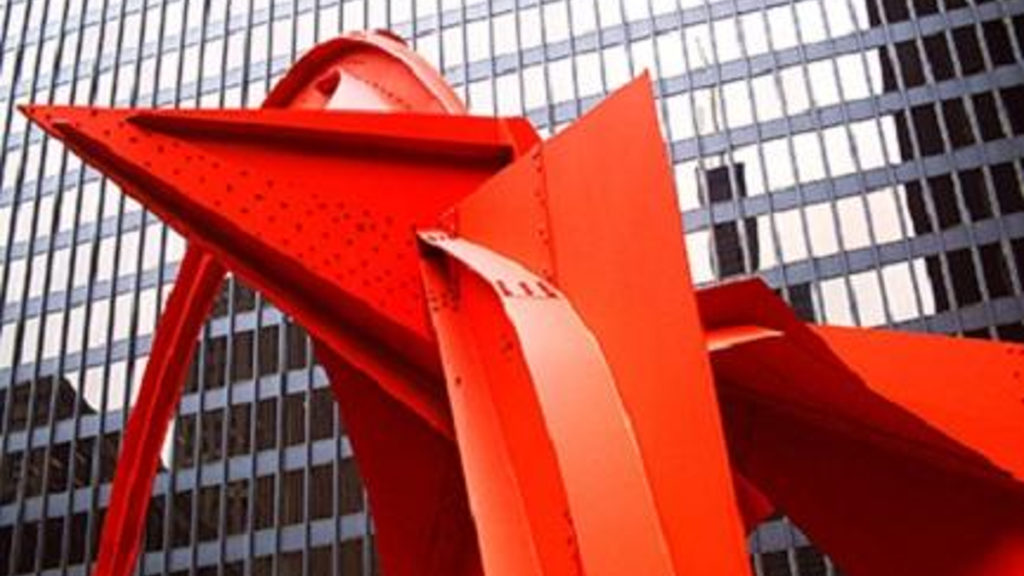Coalition of Chicago Businesses Files Lawsuit Opposing Transfer Tax Referendum

![]()
Coalition of Chicago Businesses Files Lawsuit Opposing Transfer Tax Referendum (Chicago, IL) — BOMA/Chicago (Building Owners and Managers Association of Chicago), along with a broad cross-section of associations and companies representing contractors, developers, investors, and commercial office, multi-family and retail industries, today filed a lawsuit against the Chicago Board of Election Commissioners. The suit seeks an injunction prohibiting the Commissioners from certifying and placing the proposed Transfer Tax Referendum question on the March 19, 2024, Primary Election ballot.
BOMA/Chicago and the other plaintiffs contend that the three-part question being posed to voters violates the Illinois Municipal Code and Illinois Constitution:
Shall the City of Chicago impose:
- a real estate transfer tax decrease of 20% to establish a new transfer tax rate of $3 for every $500 of transfer price, or fraction thereof, for that part of the transfer price below $1,000,000 to be paid by the buyer of the real estate transferred unless the buyer is exempt from the tax solely by the operation of state law, in which case the tax is to be paid by the seller; AND
- a real estate transfer tax increase of 166.67% to establish a new transfer tax rate of $10 for every $500 of transfer price, or fraction thereof, for that part of the transfer price between $1,000,000 and $1,500,000 (inclusive) to be paid by the buyer of the real estate transferred unless the buyer is exempt from the tax solely by the operation of state law, in which case the tax is to be paid by the seller; AND
- a real estate transfer tax increase of 300% to establish a new transfer tax rate of $15 for every $500 of transfer price, or fraction thereof, for that part of the transfer price exceeding $1,500,000 to be paid by the buyer of the real estate transferred unless the buyer is exempt from the tax solely by the operation of state law, in which case the tax is to be paid by the seller?
The binding referendum would force voters to approve or reject three separate policies in one question, including a tax decrease, to manipulate voters into approving two separate tax increases.
The Illinois State Constitution guarantees “free and equal elections,” and the coalition contends that it is unconstitutional to include more than one question in the referendum because it prohibits residents from voting on the three individual policy points.
Further, the coalition contends that it is unlawful for the tax decrease to be included in the referendum at all. Illinois Statute Section 8-13-19 requires a referendum for the City Council to only impose a new transfer tax or increase an existing transfer tax. This law was created specifically to prevent the practice of legislative log-rolling, or “bundling unpopular legislation with more palatable bills so that the well-received bills will carry the unpopular to passage.”
Additionally, Illinois Supreme Court precedent established that referendum questions must be self-executing (a question must “stand on its own”). A binding referendum that “leaves gaps to be filled by the legislature or municipal body” makes it uncertain as to what voters are to approve. According to the referendum, the revenue from the tax increases would be committed to address homelessness. As of today, however, the City has not published a detailed plan that addresses public questions about the fund, instead promising a new advisory board to make recommendations and establish goals for the fund after its approval.
“Homelessness is a critical issue in our city that should be addressed with a serious plan involving all stakeholders. These important public policy questions should be presented to voters with fairness, detail, and transparency,” said BOMA/Chicago Executive Director Farzin Parang. “Instead, this referendum is playing politics.”
If passed, the ripple effects of the proposed tax increase, which would triple transfer taxes on properties valued between $1 million and $1.5 million and quadruple transfer taxes on properties valued more than $1.5 million, will be detrimental to every neighborhood in the city. Chicago already has the highest commercial property tax in the country, and if these increases take effect, Chicago will also have one of the highest transfer taxes among cities it competes with for investment (14 states do not even impose transfer taxes). At a time when commercial real estate markets are in immense turmoil, homeowners and neighborhoods throughout the city would be hard hit:
- Property taxes for residential property are heavily subsidized by downtown office buildings, which are in a crisis and estimated to have lost 40-80% of their value. By exacerbating this crisis through quadrupled transfer taxes, homeowners and renters throughout the city will see higher increases in their personal property taxes
- The impact on Chicago’s ability to attract investment will impede union job creation and the growth of our tax base for schools, public safety, and more
- It will be harder to attract and keep grocers, healthcare facilities, and small businesses in our neighborhoods
- The tax increase will impede the development and maintenance of affordable and market rate rental apartments
- Renters will see rents rise as the costs to purchase units increases and the obstacles to developing new housing impact supply
Said Michael Glasser, Neighborhood Building Owners Alliance (NBOA) President, “The transfer tax increase will have real world consequences. It is already challenging to finance investment in housing, and even more challenging to finance affordable housing. This measure increases the cost of that investment: it does not make housing more affordable, more available, or better in any way. It is hard to see how this will help the homeless.”
“The number of new commercial projects and the vital union jobs they support have already been significantly reduced due to the current lending environment and corporate America’s adoption of remote work. The new tax increase – coupled with Chicago having the highest commercial property tax in the nation – will only exacerbate the situation,” said Theresa Kern, President of MA Rebar Services, Inc.
The coalition seeks to have the referendum stricken from the ballot.
“This referendum substitutes real public policy discussion with a cynical manipulation of voters,” added Parang. “It’s time to gather all stakeholders to develop a thoughtful, realistic plan of action that has a real impact on homelessness and improves our city.”
Coalition of Chicago Businesses Files Lawsuit Opposing Transfer Tax Referendum








Responses